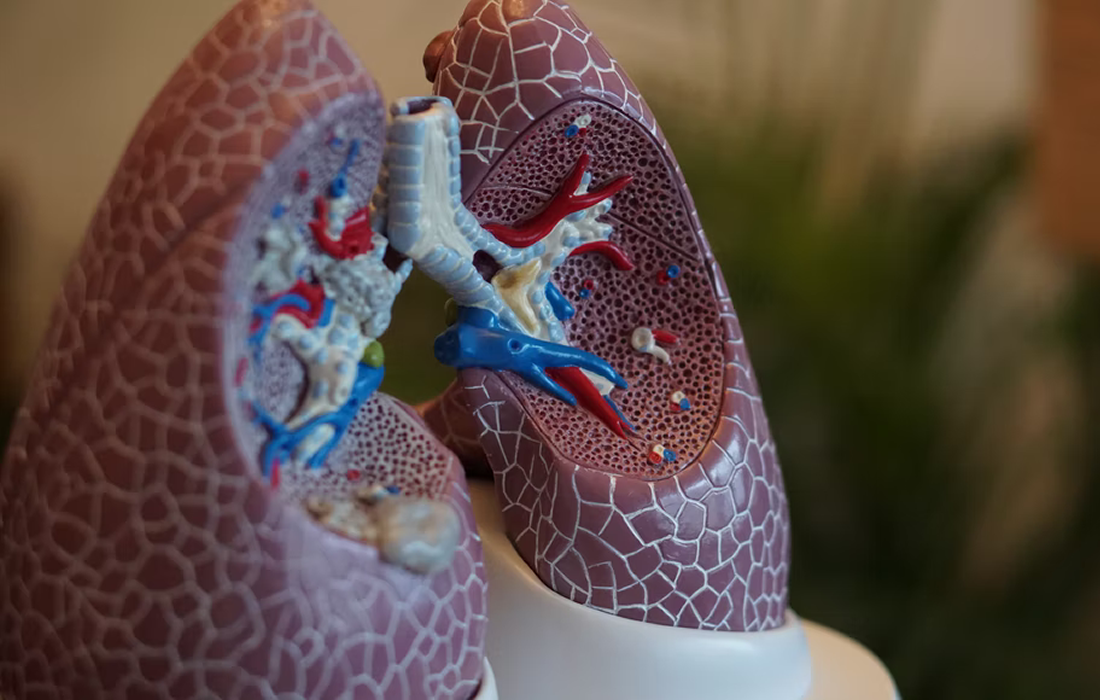Due to the deleterious health effects of excess sugar intake, such as weight gain, cardiometabolic disorders, and dental caries, the World Health Organization recommends limiting sugar consumption to less than 10% of daily energy intake. The food industry started to use artificial sweeteners as alternatives to reduce added sugar content and corresponding calories while maintaining […]
Author Archives: Francisco Fernandez, MD
What is Pulmonary Arterial Hypertension? Pulmonary hypertension is a type of high blood pressure that affects the arteries in the lungs and the right side of the heart. In one form of pulmonary hypertension, called pulmonary arterial hypertension (PAH), blood vessels in the lungs are narrowed, blocked or destroyed. The damage slows blood flow through […]
Scientists from the Nanyang Technological University, Singapore have developed probiotics with a unique edible coating that ensures the beneficial bacteria successfully reach the intestine once they are ingested. Probiotics are defined by the World Health Organization as live microorganisms, which when administered in adequate amounts, confer a health benefit on the host. The problem with […]
There are many available choices for women for birth control, including pills, patches, intrauterine devices, which results in them bearing most of the burning of preventing a pregnancy. Currently, there are no available pills or options, other than condoms and vasectomy for men to help in preventing a pregnancy. Vasectomies can at times be reversed, […]
What are Exosomes? Exosomes are small membrane-bound vesicles (30–100 nm) that are secreted by different types of cells. They were first found in reticulocytes (immature red blood cells) of sheep in 1983 and named “exosomes” by Johnstone in 1987. Different cells can secrete exosomes under normal and also pathological conditions. They are produced by the […]
There are different factors that contribute to the health of the brain, including the diet and gut microbiome with the gut-brain axis. A lack of variability in the diet and good dietary choices can have an impact on our mental health. Based on the work of Dr. Uma Naidoo, a nutritional psychiatrist, brain expert and […]
The gut microbiome is increasingly recognized to play a role in cognition and dementia. Antibiotic use impacts the gut microbiome and has been linked with chronic disease. Despite these data, there is no evidence supporting an association between long-term antibiotic use in adults and cognitive function. In a recently published study, researchers from the Massachusetts […]
Testosterone is the primary male sex hormone, and vital for reproductive development and function. Studies have found that low endogenous testosterone is associated with an increased risk of chronic disease, including type 2 diabetes and cardiovascular disease. Cortisol on the other hand is biochemically opposed to testosterone, as the administration of exogenous cortisol lowers testosterone. […]
More than 180 million people have been infected by SARS-CoV-2 and more than 4 million COVID-19 patients have died during the pandemic. Due to the complex pathological lesions in the lungs and multiple organs, the survivors of severe disease often result in disabling sequels. A great effort is ongoing to mitigate the pandemic at an […]
Obesity is a major health problem in the industrialized world. Is a complex disease involving an excessive amount of body fat. Obesity isn’t just a cosmetic concern. It’s a medical problem that increases the risk of other diseases and health problems, such as heart disease, diabetes, high blood pressure and certain cancers. According to 2017–2018 […]










